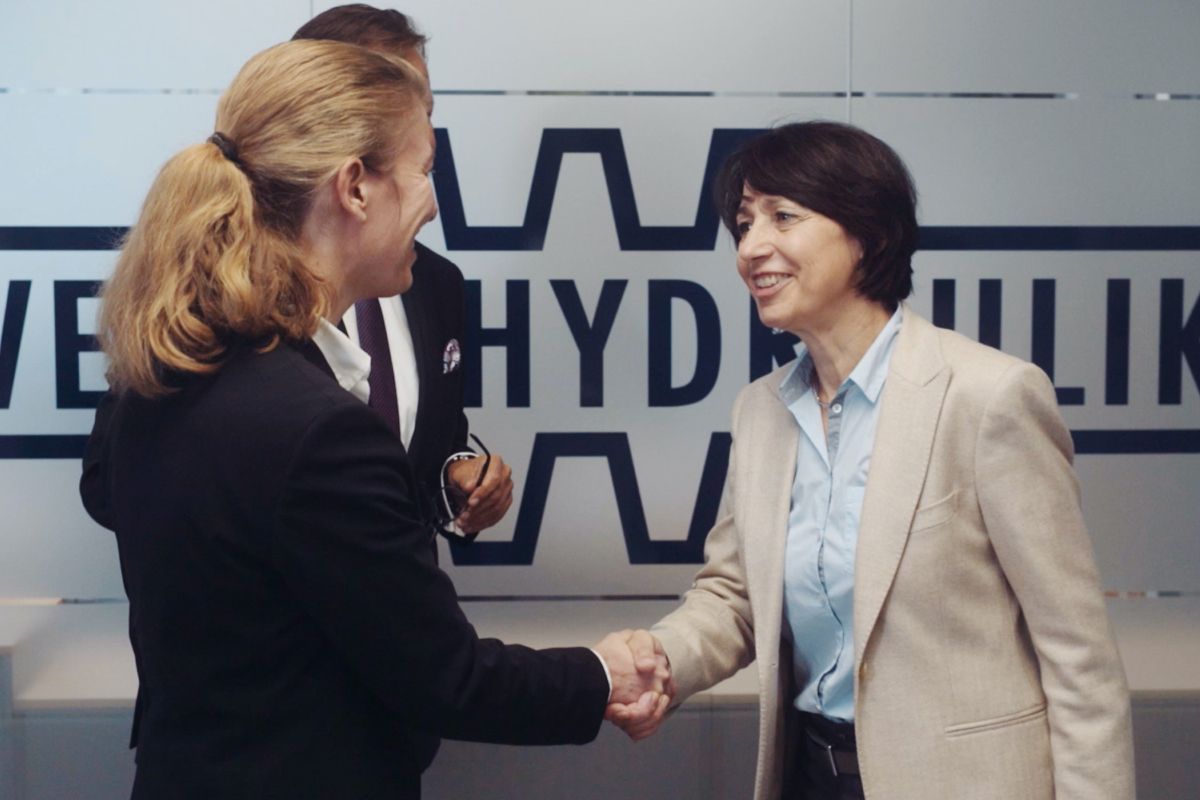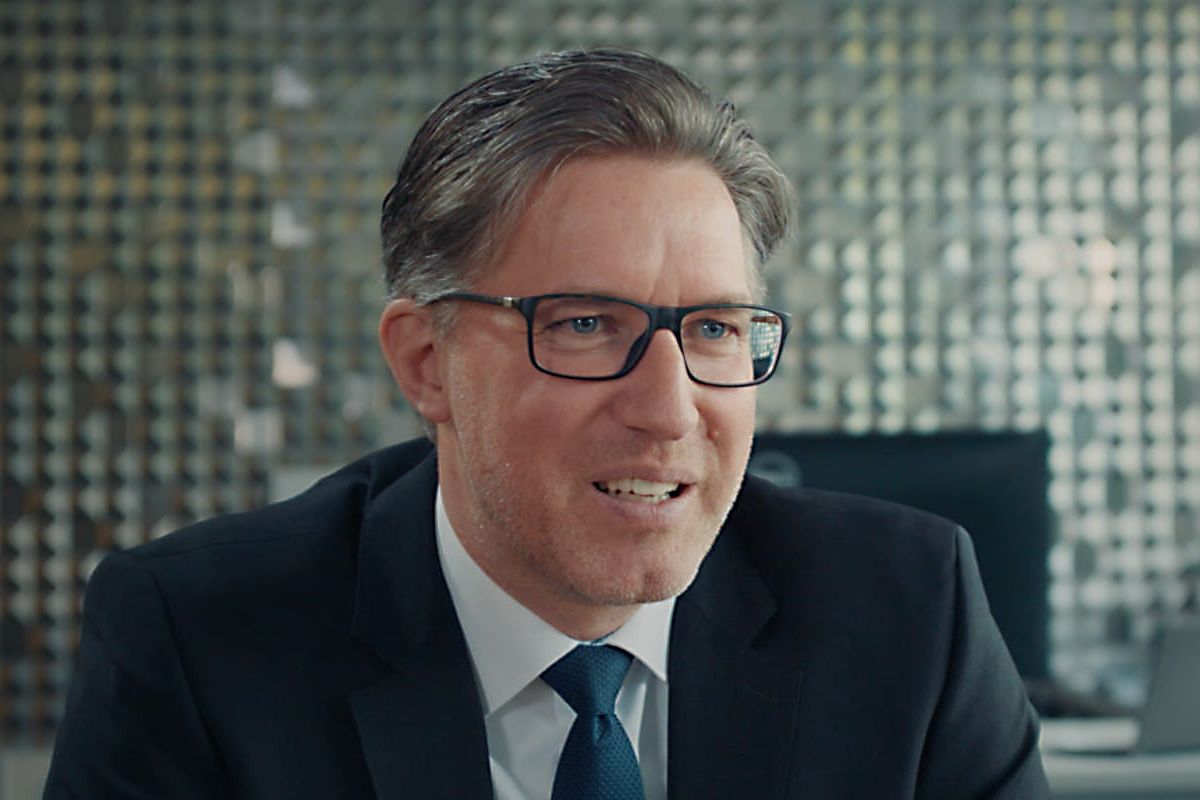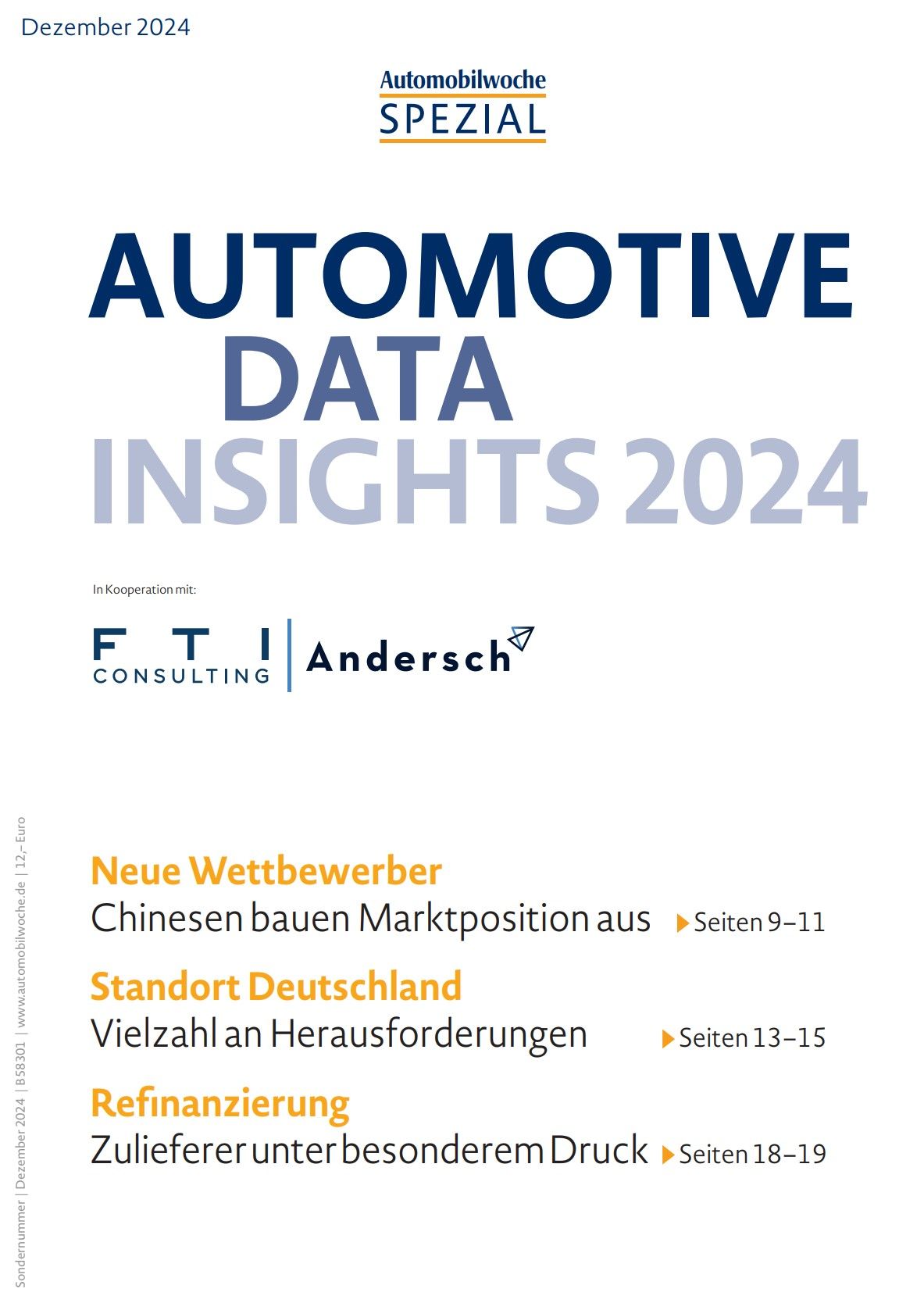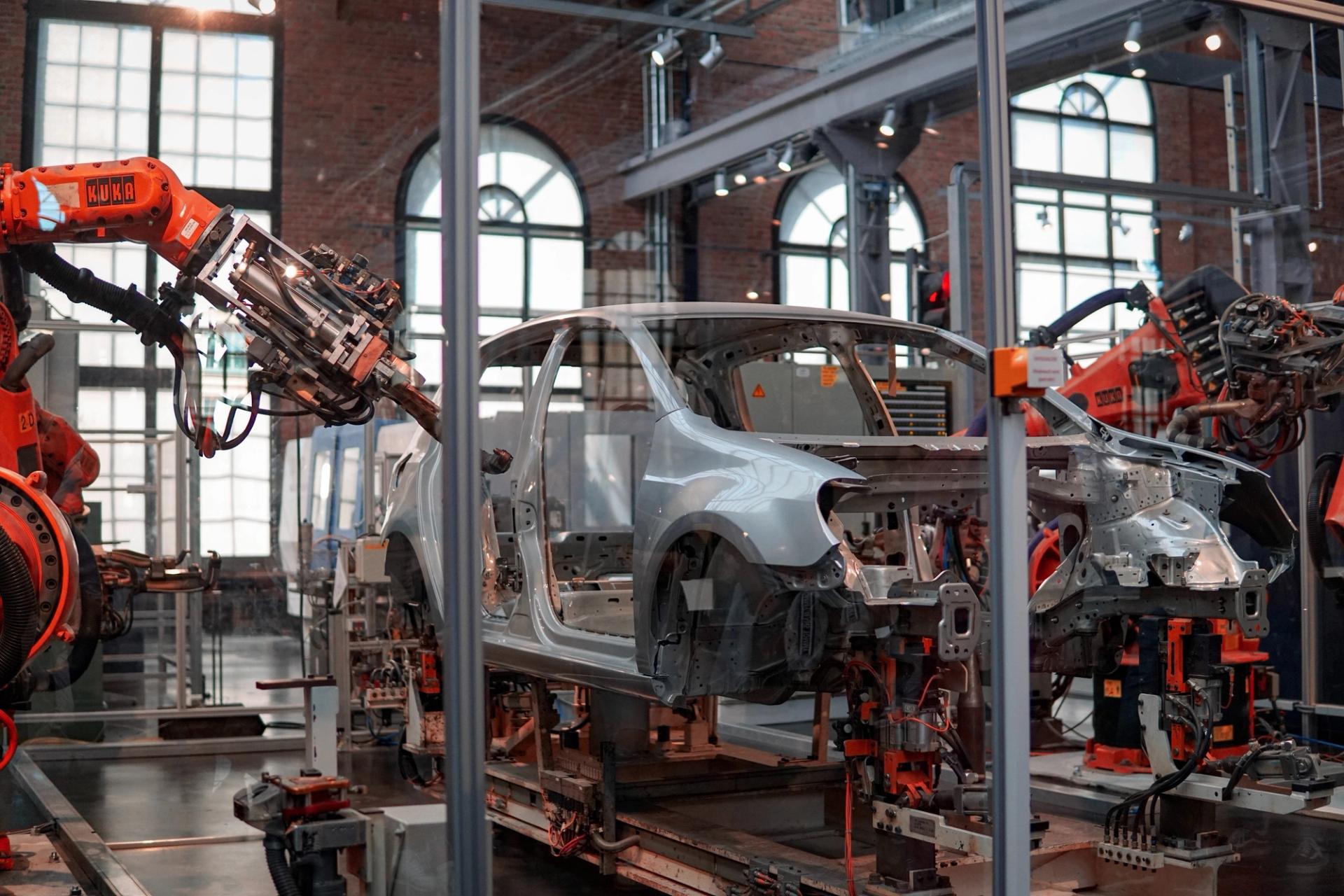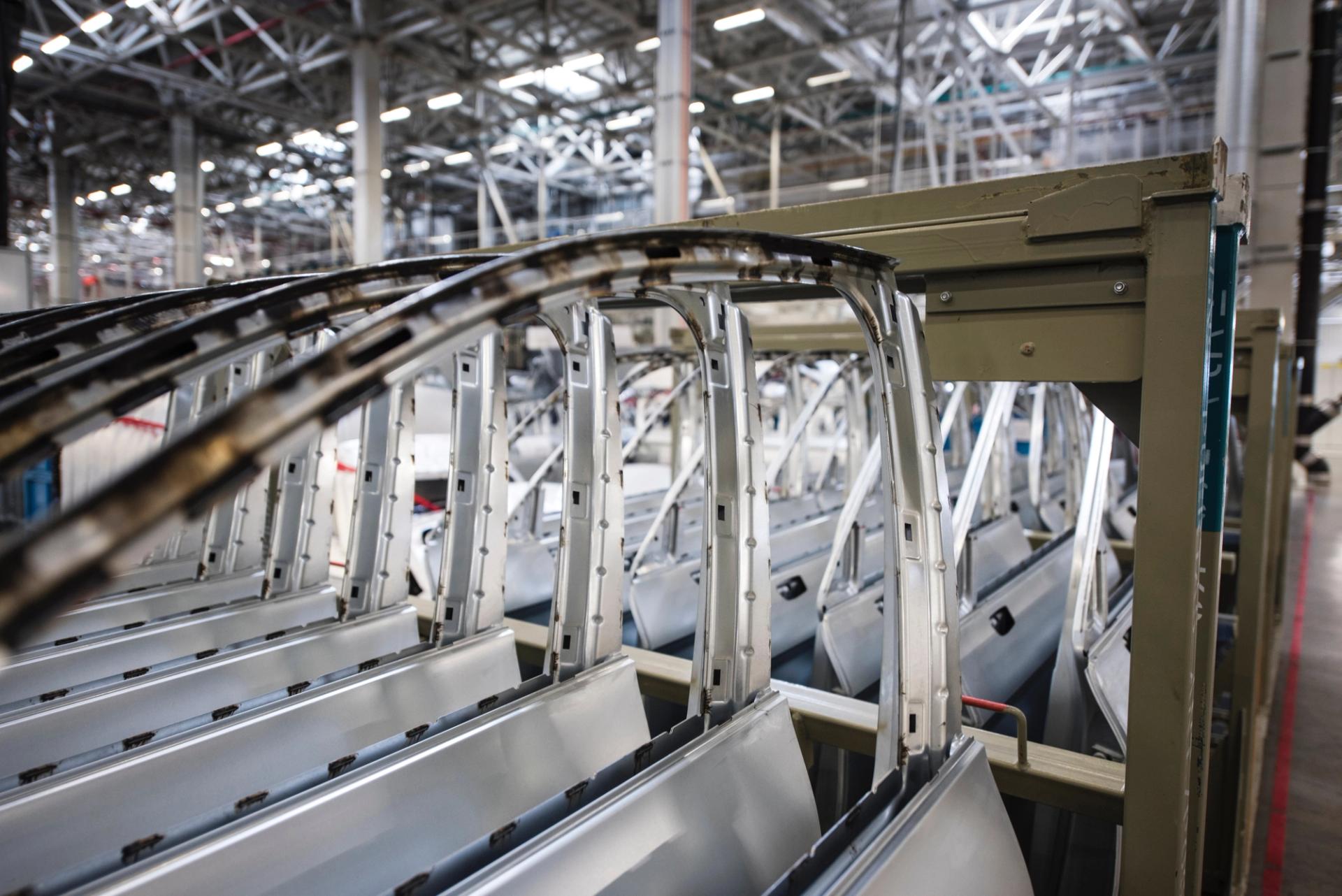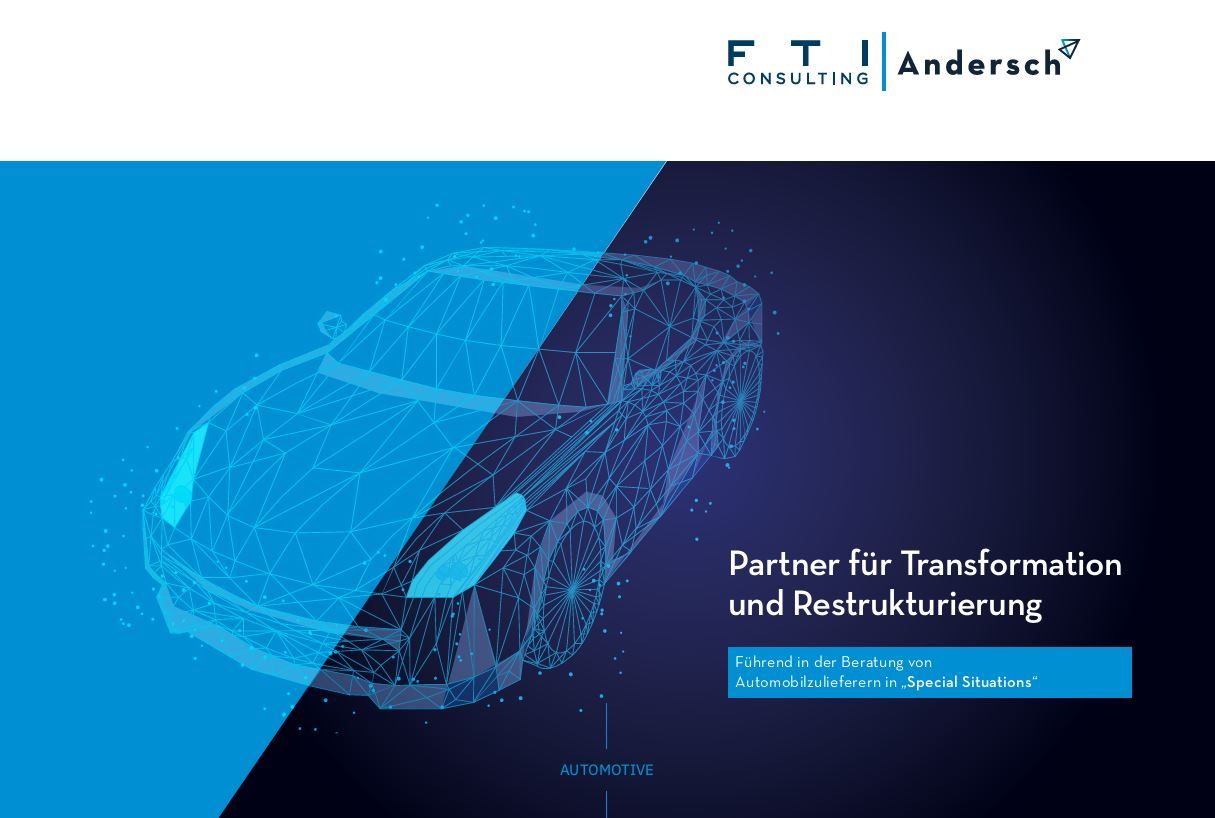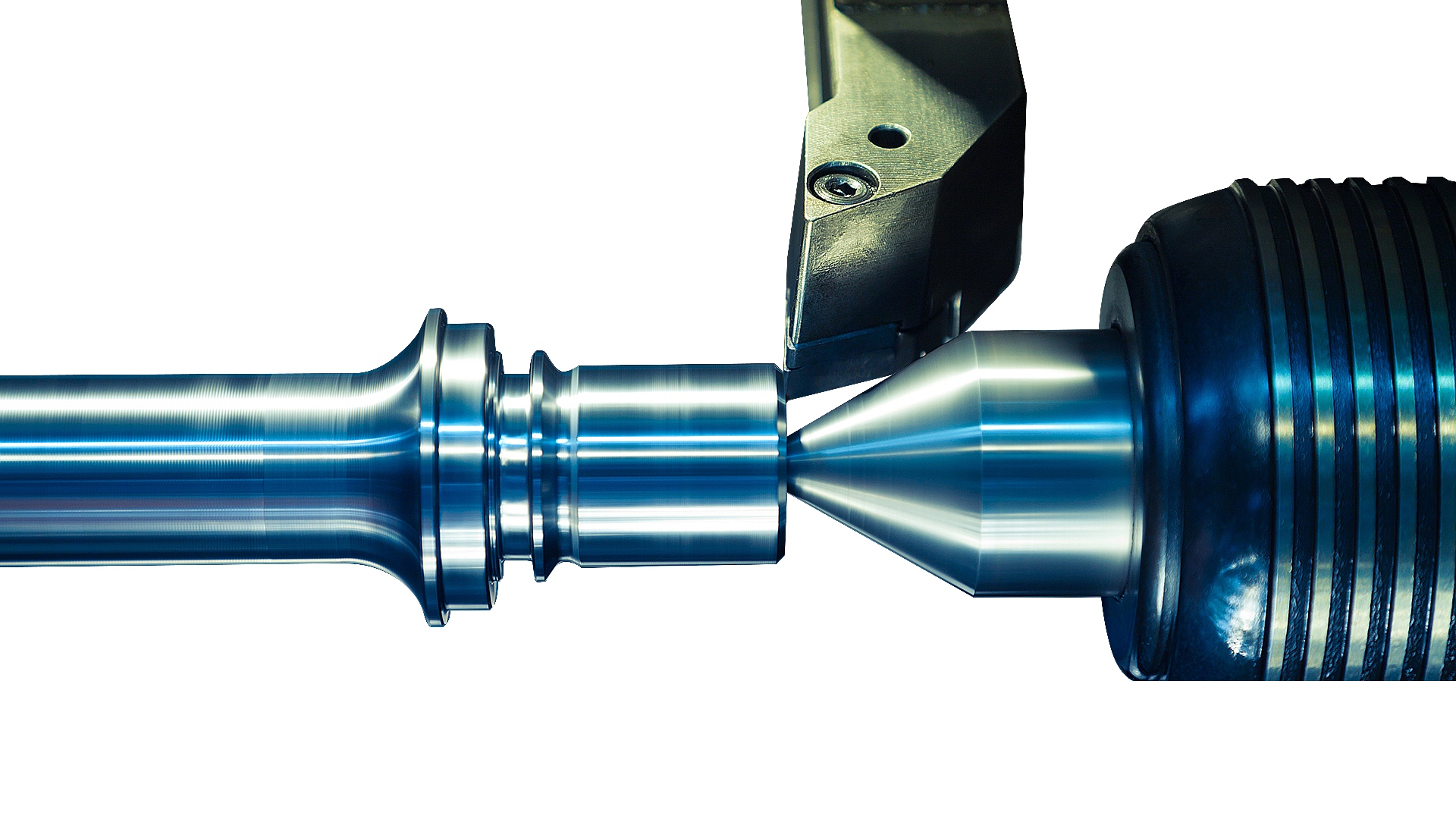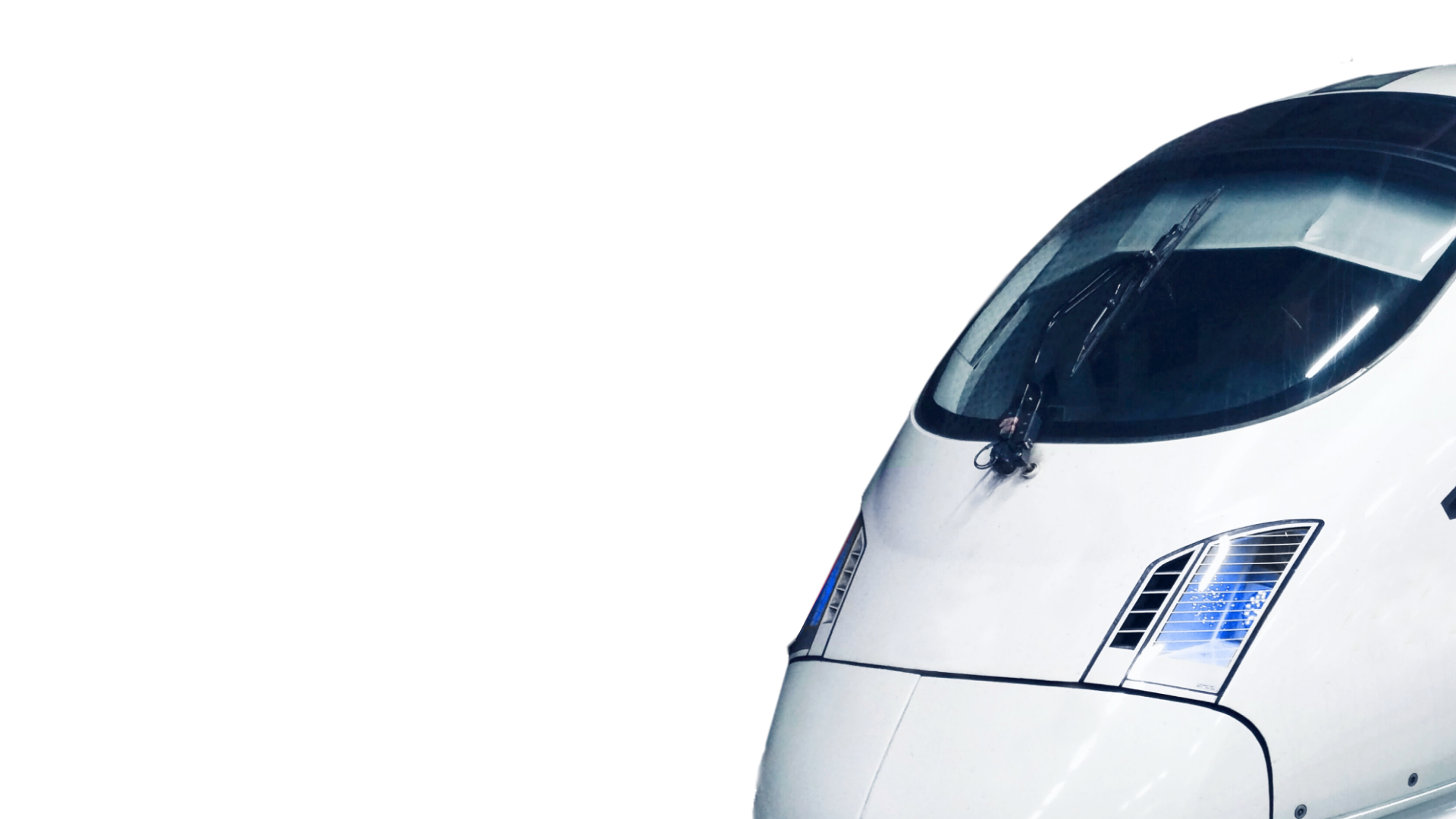How is the frequently discussed change in automotive engineering currently taking place?
OEMs and suppliers are currently exposed to a multitude of sometimes very strong change processes - much is in flux. On the one hand, companies must resolutely build up new business areas, but on the other hand they must also be adaptable and cost-conscious. This requires a holistic view, which is a demanding task. It is important to set the right strategic, operational, organisational and financial course based on the company's specific starting situation.
What are the implications for corporate risk management?
Managing risks has always been a central task. However, the importance of risk management has increased significantly in recent times: We currently have an unusually high number of strong changes, and this trend is more likely to continue in the future. Companies must therefore regularly identify and assess risks - opportunities as well as threats. Furthermore, strategy development should think more strongly in terms of options and consider different scenarios.
What impact do current trends have on the supply chain?
Multiple supply difficulties, geopolitical tensions, technological innovations, sustainability requirements and, in some cases, cost developments are severely challenging existing supply chains. Global supply relationships will continue to exist in the future. But companies have to ask themselves the question: Does it make sense to have a component produced far away for a few cents less if it is not delivered on time in the end and then considerable additional costs arise due to production delays? There are a number of levers for solving this problem: optimising one's own value creation, competences and locations, the supplier portfolio and supplier management, but of course also the target markets and the range of services.
What about the financial resources of the companies?
We are observing an increasingly tense financial situation, especially among some suppliers. Many companies are living off their substance or have already largely used up their reserves: Investments are postponed if possible and means of production are used as long as possible. In addition, some only react when the financial situation becomes critical. However, we then advise the companies not only on financing options and liquidity-securing measures, but also take a look at all essential instruments for increasing value and improving results. The strong change must be met with a holistic solution.





